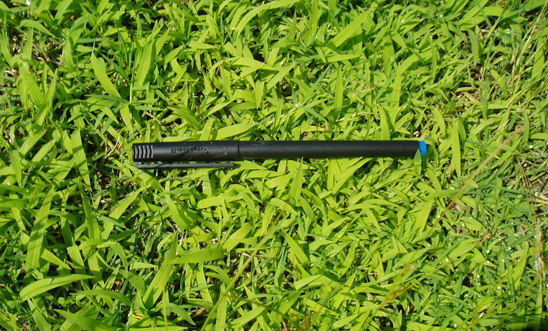Time to control crabgrass is now
Time to control crabgrass is now

While the winter may have wreaked havoc on many desirable plants, it did little to affect crabgrass, the most common weed in Kentucky lawns.
“Crabgrass is an annual weed that outcompetes desirable grasses and then dies in the fall, leaving bare spots in yards for winter weeds to fill in,” said Gregg Munshaw, extension turf specialist in the University of Kentucky College of Agriculture, Food and Environment. “The cycle keeps repeating itself until the turf stand gets poorer and poorer.”
Munshaw said the best way to control summer annual grassy weeds, including crabgrass, is to apply a pre-emergent herbicide before the weed germinates. Now is the time to do so.
“April 15 has traditionally been the latest date to apply pre-emergent herbicides in Central Kentucky,” Munshaw said. “Western Kentucky’s deadline is usually a few days earlier, and Eastern Kentucky’s time frame usually ends a few days later.”
While spring had a cooler-than-normal start, temperatures began rebounding the week of March 31. Forsythia is a fairly reliable indicator of when crabgrass will germinate. Munshaw said forsythia in Lexington was just beginning to bud and should be in full bloom in a few days. Individuals should apply pre-emergent herbicides before the forsythia blooms begin to drop.
“Forsythia buds usually mean you have 10 to 14 days to apply a pre-emergent herbicide,” Munshaw said. “If we use this as our time frame, April 15 would once again be the deadline to shoot for to make a pre-emergent herbicide application.”
Individuals wanting to use herbicide should look for products containing the active ingredients dithiopyr, pendemethalin, prodiamine and bensulide. “Weed and feed” products and others containing nitrogen are not recommended for lawns with cool-season grasses, such as tall fescue and Kentucky bluegrass, during the spring or summer.
“Nitrogen encourages the growth of perennial and annual warm-season weeds to further outcompete cool-season grasses, as they grow really well during the hottest part of the year,” Munshaw said. “All fertilizer on cool-season lawns should be applied in the fall.”
Crops Extension


